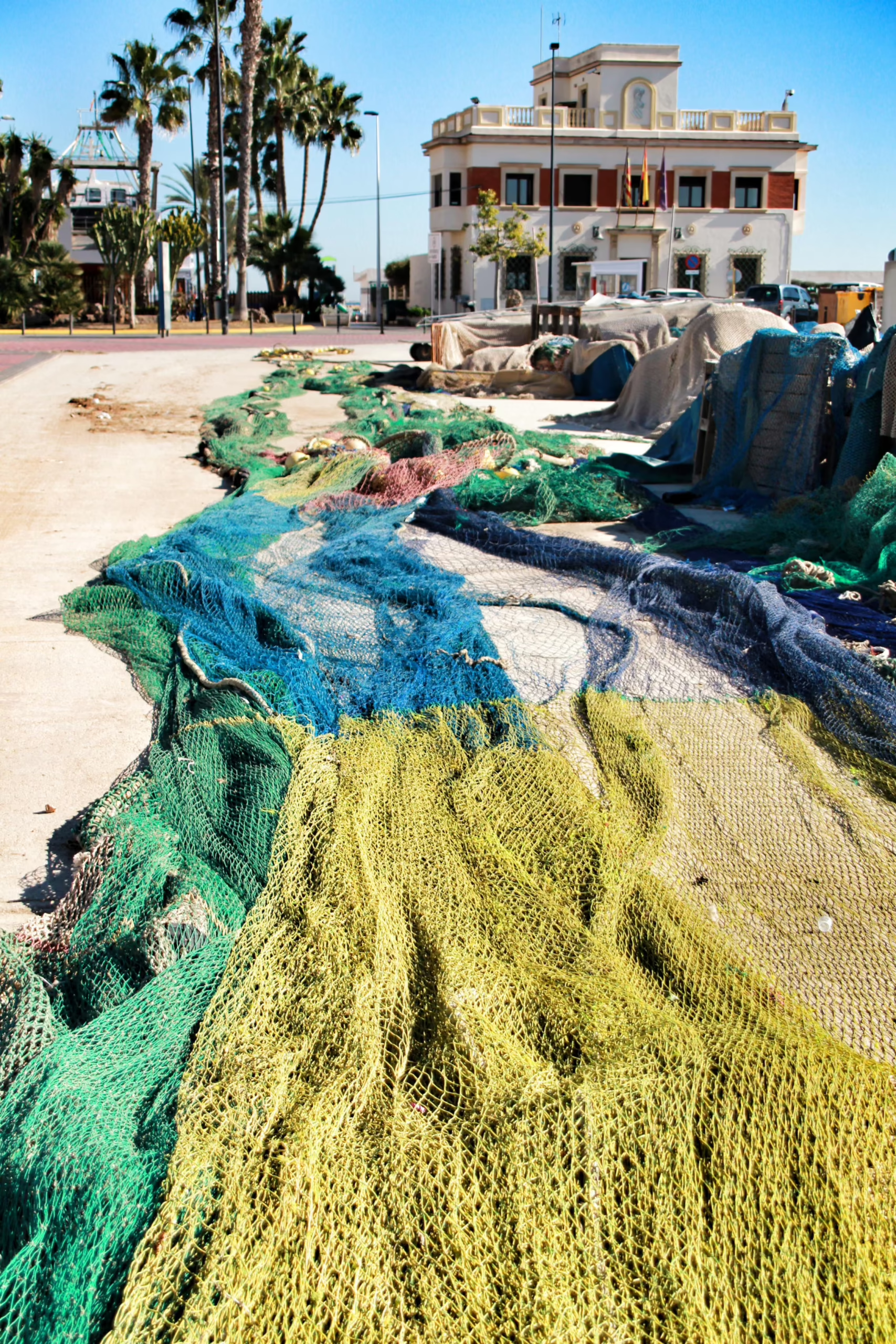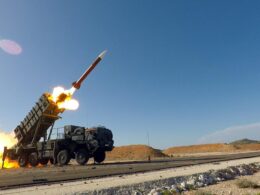Fishing communities along France's Brittany coast have found an unexpected use for their discarded equipment: protecting Ukrainian soldiers and civilians from Russian drone attacks, The Guardian reports.
The Breton charity Kernic Solidarités has sent two shipments of fishing nets totaling 280 kilometers to Ukraine, where they are used to create anti-drone tunnels and shields near the front lines.
The horsehair netting, once used to trawl monkfish from the sea bed, now catches a different target. Ukrainians stretch the nets between poles to create tunnels where drone propellers become entangled—a system compared to spiders catching flies in a web.
"Over the last two years the war has mutated. Before we didn't even think about drones, but now it's a drone war," said Christian Abaziou, 70, who handles logistics for Kernic Solidarités.
Russia deploys small, cheap drones fitted with explosives, directing them by remote control for distances up to 25 kilometers. By July this year, Ukraine was dealing with more than 500 drones daily.
The deep-sea nets prove particularly effective because of their durability. "The Ukrainians have told us they don't need any old nets. They have been sent quite a few that are of no use," Abaziou explained. "The nets we are sending are made of horse hair and used for deep-sea fishing to catch monkfish which are quite powerful and hit the nets with a strength similar to that of a drone."
The nets have a lifespan of 12 to 24 months for fishing, after which they become worn and beyond repair. An estimated 800 tonnes of nets are scrapped annually in Brittany—a disposal problem now turned into a lifesaving resource.
"At first they were used by doctors protecting medical camps near the frontline but now they are being used on roads, bridges, the entrances to hospitals… it's astonishing that something so simple works so well," Abaziou said.
Gérard Le Duff, president of Kernic Solidarités and grandson of a Breton fisher, said Ukraine's ambassador came to Brittany to thank them.
"We don't have a lack of fishing nets in this region. It's a problem to know what to do with them as a couple of the companies that recycle them have closed. If they need them to create anti-drone walls and save lives in Ukraine, they can have them," he said.
The charity was established after Le Duff and Abaziou were approached by local Ukrainians requesting help with clothing, food and medical supplies. Twenty volunteers have since driven two lorry consignments of aid 2,300 kilometers to Ukraine's border with Poland.
"When we learned that Ukraine needed nets, the fishing community reacted rapidly," Le Duff said.
Jean-Jacques Tanguy, former president of the Finistère fisheries committee, said local fishers are eager to contribute. "They are proud to know their used material is going to help save lives," he told AFP.
Hundreds of tonnes of old nets have also been donated by fishers in Sweden and Denmark.
The nets are stretched between poles to create tunnels or used to cover trenches and vehicles. Ukrainian drones are also equipped with pieces of netting to drop on enemy drones.
Iryna Rybakova, spokesperson for Ukraine's 93rd Mechanised Brigade, told Radio Free Europe that anti-drone net tunnels are being installed across the Donetsk Oblast, about 75% of which is now reported to be under Russian control. She noted that enemy drone pilots are increasingly finding ways to breach the netting. "Nets are not a panacea. They are just one element of protection against drones," she said.
The charity no longer has funds to send more supplies this year, and discussions are underway for Ukraine to send lorries to collect the nets. "We will help get the nets and load them but we don't have the budget to continue running convoys ourselves," Abaziou said.
The retired market garden trader said the Ukrainians he met were moved by the support. "The fact that those in the fishing industry the other side of Europe are sending nets to help them defend themselves has brought a few tears to their eyes," he said.





